Best commercial auto insurance companies for small businesses
Running a small business is tough enough without worrying about what happens if your work vehicle gets into an accident. That’s where commercial auto insurance comes in.
It’s more than just a legal necessity; it’s a financial safety net that protects your business from the unexpected. But with so many insurance companies out there, which one is the best commercial auto insurance companies for small businesses?
In this post, we’ll break down the best commercial auto insurance companies for small businesses in 2024, exploring their strengths, coverage options, and what sets them apart. We’ll also provide helpful tips on choosing the right policy and saving money on premiums.
What’s Commercial Vehicle Insurance?
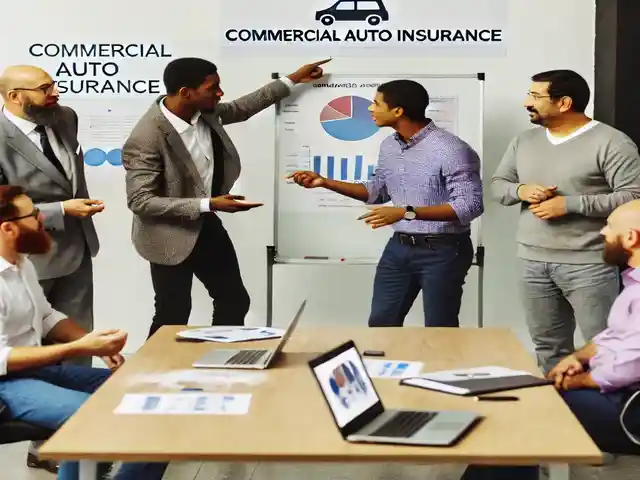
Commercial vehicle insurance is like a safety net to help pay for fixing your van and other costs. It’s different from the insurance you have on your family car. Why? Because work vehicles face different risks.
Why is it Different from Regular Car Insurance?
Here’s why it’s different:
- Different Risks: When you drive for work, you might face different dangers than when you’re driving for fun. You could be hauling heavy loads, driving in busy city traffic, or working late at night. Commercial insurance knows about these risks and covers you better.
- More People Driving: Sometimes, other people might drive your work vehicle. It could be a coworker, an employee, or even a family member helping out. Commercial insurance can cover all these drivers, not just you.
- More Expensive Repairs: Work vehicles often cost more to fix because they have special equipment or need to be up and running quickly for your business. Commercial insurance makes sure these repairs are covered.
- Extra Protection: Commercial insurance can include extra coverage that you might not need with your personal car, like protection for tools or goods you’re carrying in your vehicle.
So, even if your work vehicle looks a lot like your family car, the insurance is different because the job it does is different. It’s like having a superhero suit for your work wheels!
What Kinds of Vehicles Does It Cover?
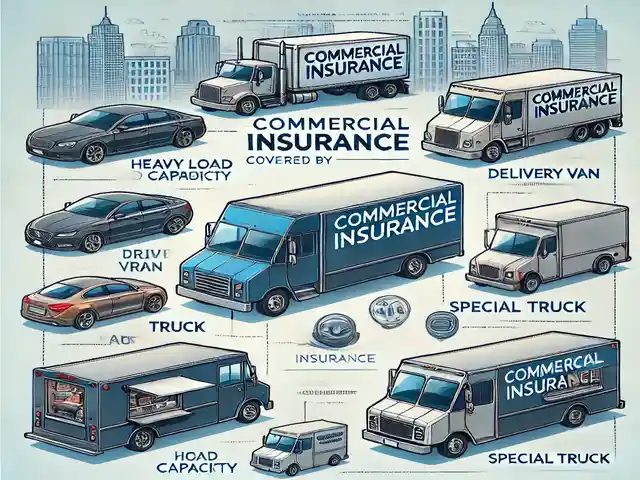
This insurance isn’t just for big trucks. It covers all sorts of work vehicles:
- Cars and Trucks: Used by salespeople or small business owners.
- Delivery Vans: For hauling packages or goods.
- Work Trucks: For construction, landscaping, and other jobs.
- Food Trucks: If you’re cooking up a storm on wheels.
- Even Special Vehicles: Like tow trucks or dump trucks.
What Does It Protect Against?
Commercial insurance has different parts to cover different things:
- If You Hurt Someone or Damage Something: This is called liability insurance. It helps if you accidentally hurt someone or damage their property.
- If Your Vehicle Gets Damaged: This is called collision or comprehensive insurance. It helps pay for repairs if your vehicle is damaged in an accident or other event, like a storm or theft.
- If You Get Hurt: This is called medical payments coverage or personal injury protection. It helps pay for medical bills if you get hurt in an accident.
- If the Other Driver Doesn’t Have Insurance: This is called uninsured/underinsured motorist coverage. It protects you if you’re hit by someone without insurance (or not enough).
How Much Does It Cost?
The price of commercial insurance, also known as the premium, depends on a few things:
- What kind of vehicle you have: A big truck is riskier than a small car.
- How you use it: Driving lots of miles for work can mean more risk.
- Your driving history: A clean record helps lower the cost.
- Where you drive: City driving can be more dangerous than rural roads.
- How much coverage you want: More protection usually means a higher cost.
Do I Have to Have It?
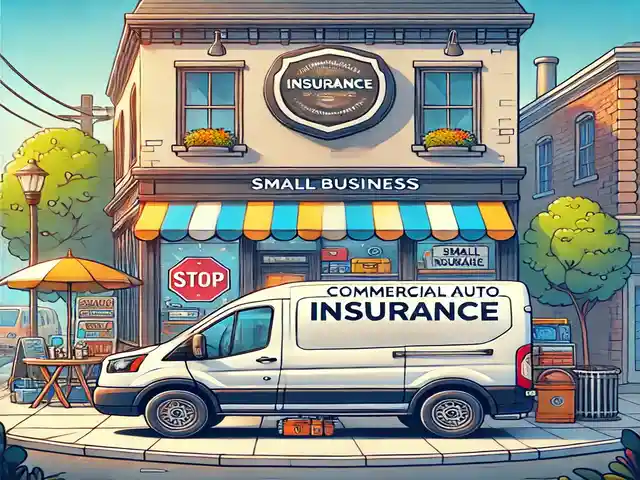
Most of the time, you have to wear one because it’s the law, and it keeps you safe. Commercial vehicle insurance is similar.
In most places, if you use a vehicle for work, the law says you need it. It’s like a rule of the road for businesses. This is because driving for work can be riskier than driving for fun. There might be accidents, injuries, or damage to other people’s stuff.
Commercial vehicle insurance is like a safety net for everyone:
- You: It protects you from paying big bills if you get into an accident while working.
- Your Business: It protects your business from having to pay for damages or lawsuits.
- Others on the Road: It helps pay for other people’s expenses if you accidentally hurt them or damage their car.
You can find more information about specific requirements on the website:
Department of Motor Vehicles (DMV) https://www.dmvusa.com/
Federal Motor Carrier Safety Administration (FMCSA) https://www.usa.gov/agencies/federal-motor-carrier-safety-administration
So, even if you’re the safest driver in the world, having commercial vehicle insurance is usually a must. It’s like having a backup plan just in case something unexpected happens.
What if Get in an Accident?
If you get into a fender bender or something more serious while driving for work, don’t panic. Remember these steps:
- Stay Safe: First things first, turn on your hazard lights and, if possible, move your vehicle to a safe spot away from traffic. This will help prevent further accidents.
- Check for Injuries: Take a deep breath and see how you’re doing. If you’re hurt, don’t move around too much. Check on any passengers in your vehicle and anyone else involved in the accident. If anyone is injured, even a little bit, call for an ambulance right away.
- Call the Police: It’s important to call the police to report the accident, even if it seems minor. They’ll come to the scene, talk to everyone involved, and write a report. This report is like a story of what happened and can be really helpful when you talk to your insurance company.
- Gather Information: While you’re waiting for the police, get the other driver’s information. Write down their name, phone number, address, insurance company, and license plate number. If there are any people who saw the accident, ask for their names and contact information too. They could be witnesses later on.
- Take Pictures: If you have a phone or camera, take pictures of everything! Get photos of the damage to both vehicles, the position of the vehicles, and anything else you think might be important. These pictures can help the police and your insurance company figure out what happened.
- Call Your Insurance Company: As soon as you can, call your insurance company and tell them about the accident. They’ll ask you questions about what happened and guide you through the next steps.
What Happens Next? Your Insurance Company is Your Helper
After you call your insurance company about the accident, they’ll jump into action to help you out. Here’s what you can expect:
The Investigation:
Your insurance company will act like a detective. They’ll want to know all the details about the accident: who was involved, what happened, and how much damage there was.
They might ask you to give a recorded statement, which is like telling them the story of the accident over the phone.
They’ll also talk to the other driver and any witnesses, and they might even visit the accident scene to take pictures.
The Claim:
Once they have all the information, your insurance company will start a claim. This is like a report card for the accident. It helps them keep track of everything and figure out who should pay for what.
They might send someone called an adjuster to look at your vehicle and decide how much it will cost to fix.
Getting Your Vehicle Fixed:
If your work vehicle needs repairs, your insurance company will help you find a good repair shop. They might even work directly with the shop to pay for the repairs, so you don’t have to worry about it.
If your vehicle is badly damaged, the insurance company might decide it’s not worth fixing. In that case, they’ll pay you the value of your vehicle, and you can use that money to buy a new one.
Paying Medical Bills:
If you or anyone else got hurt in the accident, your insurance company will help pay for medical bills. They’ll need to see proof of your injuries and medical expenses, like doctor’s notes and bills.
This is really important, so don’t hesitate to tell your insurance company if you’re hurt, even if it doesn’t seem too bad at first.
Having an accident can be scary, but knowing what to expect from your insurance company can make things a little easier. They’re the experts, and their job is to help you get back on your feet and back on the road.
How To Save Money on Commercial Vehicle Insurance?
Saving money is always a good idea! Here are some tricks to help you pay less for commercial vehicle insurance:
- Shop Around: It’s like going to different stores to find the best price on a new toy. Ask different insurance companies for quotes (that’s what they call their price). See who offers the best deal for the coverage you need.
- Bundle Up: If you have more than one work vehicle, or if you need insurance for your house or other stuff, see if you can get a discount for buying all your insurance from the same company. It’s like buying in bulk!
- Ask About Special Deals: Some insurance companies give discounts if you have a good driving record, meaning you haven’t had any accidents. They might also give you a deal if you take a safe driving class.
- Choose Wisely: Think about what kind of protection you really need. Don’t pay for things you won’t use. It’s like ordering a pizza with all the toppings when you only like cheese.
- Raise Your Deductible: The deductible is how much you pay when you make a claim before the insurance company starts paying. A higher deductible means you pay less each month, but you’ll have to pay more if you have an accident. It’s like saving up for a rainy day.
Two More Things to Know
- Primary Liability: This is the main insurance that covers your work vehicle if you get into an accident. It’s like the first responder on the scene.
- Non-Owned Liability: This is for when you drive someone else’s vehicle for work, like a rental car. It’s like a backup superhero that comes to help if your own insurance isn’t enough.
Top 5 Commercial Auto Insurance for Small Businesses in 2024
1. Progressive Commercial:
- Pros: Wide coverage options, online quotes, usage-based insurance.
- Discounts: Safe driving, multi-policy, pay-in-full.
- Best for: Flexible policies, competitive rates.
- Get a quote: [Progressive Commercial website] https://www.progressive.com/commercial-insurance/
2. NEXT Insurance:
- Pros: Easy online process, fast quotes, industry-specific coverage.
- Discounts: Vary by industry and driving history.
- Best for: Streamlined experience, tailored coverage.
- Get a quote: [NEXT Insurance website] https://www.nextinsurance.com/commercial-auto-insurance/
3. The Hartford:
- Pros: Excellent service, strong ratings, comprehensive coverage.
- Discounts: Safe driving, multi-policy, bundling.
- Best for: Established reputation, industry-specific options.
- Get a quote: [The Hartford website] https://www.thehartford.com/commercial-auto-insurance/small-business
4. State Farm:
- Pros: Local agents, wide range of products, bundling discounts.
- Discounts: Safe driving, multi-policy, bundling.
- Best for: Personalized service, multiple insurance needs.
- Get a quote: [State Farm website] https://www.statefarm.com/small-business-solutions/insurance/commercial-auto
5. Berkshire Hathaway Direct (formerly Guard):
- Pros: Commercial auto specialist, flexible coverage, competitive rates.
- Discounts: Good driver, multi-policy, pay-in-full.
- Best for: Experienced provider, customer-focused.
- Get a quote: [Berkshire Hathaway Direct website] https://bhhc.com/commercial-auto/
Choosing the Right Insurance Company
Imagine you’re picking a team for a game. You want players who are good at the game, strong enough to handle a tough match, and nice to be around. Choosing an insurance company is similar!
- A Good Reputation: You want a company known for playing fair. This means they pay out when you have a claim (that’s like asking for help after you fall and scrape your knee). Ask around or look online to see what other people say about the company.
- Financial Strength: You also want a company that’s strong, like a team that can handle a tough opponent. This means they have enough money to pay for big claims, even if there are lots of them. You can check how strong an insurance company is by looking at their financial ratings. It’s like checking the scorecard for a team.
- Great Customer Service: This is like having teammates who are helpful and easy to talk to. You want an insurance company that answers your questions, explains things clearly, and helps you if you need to make a claim.
Extra Tips:
- Don’t be shy: Ask the insurance company questions about their reputation, financial strength, and customer service.
- Read reviews: See what other people say about their experiences with the company.
- Compare prices: Get quotes from different companies to see who offers the best deal.
The Bottom Line
Finding the right commercial auto insurance for your small business is essential if you use a vehicle for work. It protects your business and helps you keep rolling!

A renowned expert on tea parties, holds a deep understanding of the South Florida tea party scene and has extensive knowledge about tea parties across the globe.
With a rich background spanning several years, they have immersed themselves in the traditions, nuances, and cultural aspects of tea gatherings worldwide.
writings reflect a blend of firsthand experience and scholarly research, offering readers an authentic and comprehensive perspective on the world of tea parties.


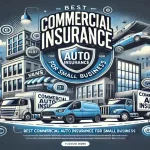
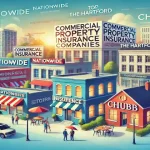


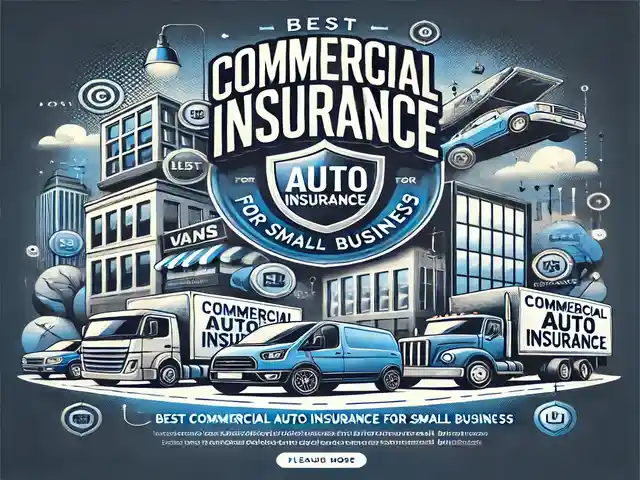

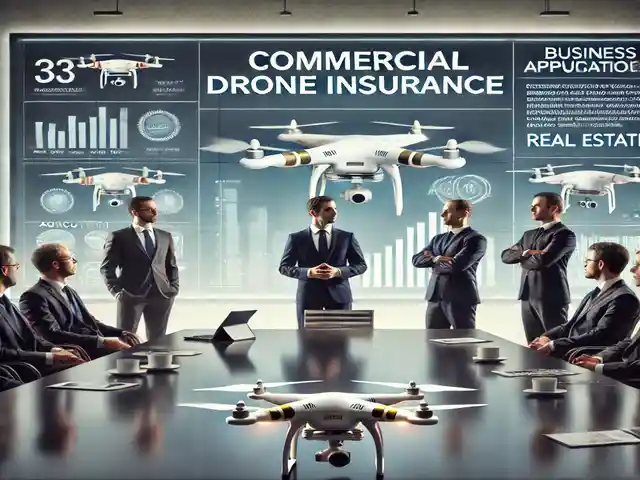

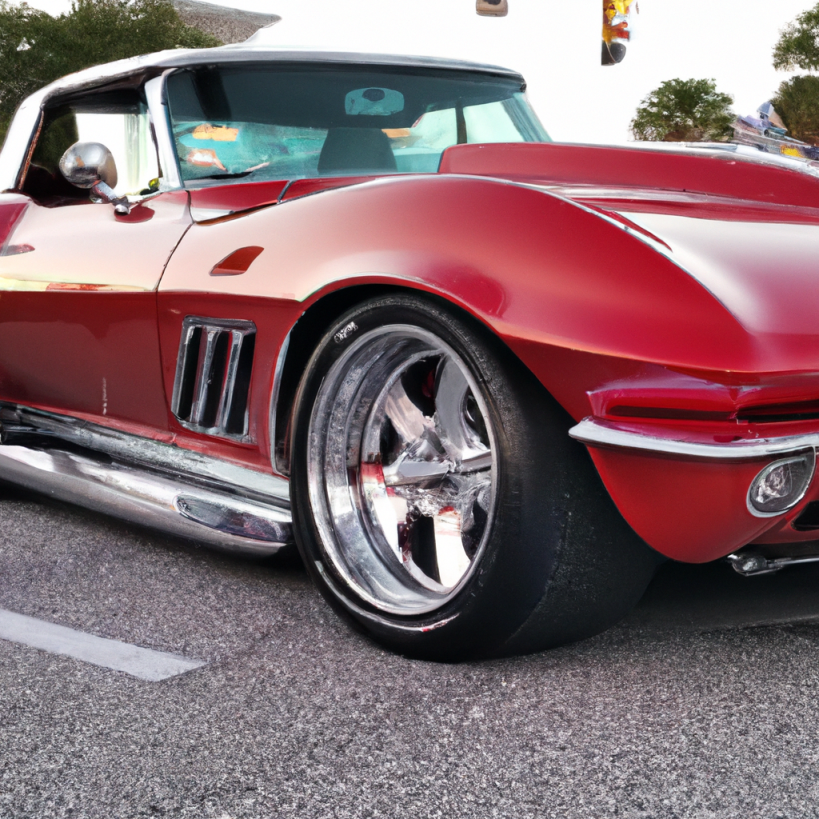
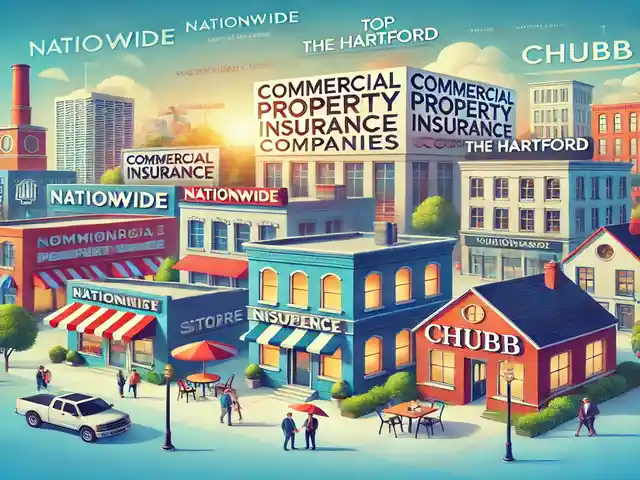

Add Comment